Marvin Ducksch: The Enigma Behind Werder Bremen’s Attacking Dilemma
There’s about 20 minutes left in Werder Bremen’s opening day contest away to FC Augsburg. The scores are locked at 2-2, and any potential goal would likely be the winner.
Suddenly Bremen finds themselves on the counter, and Marvin Ducksch is through on goal.
In previous months and years, this would be an automatic goal. The player would either dink a first-time effort over the goalkeeper or dribble around him and pass the ball into the back of the net.
However, the present-day version of the player takes one poor touch, follows it up with another poor touch, and then hits a shot that is blocked by the legs of the keeper.
That’s how it’s been going by the Weserstadion.
At times, Marvin Ducksch is Werder Bremen’s best player.
The attack goes through him. He’s always the first one to get the ball, and he is who starts things in the final third. He spreads the ball out to a teammate, and then finds space in the box or on the edge of it, ready to pounce on any opportunity. When those moments come, he’s able to play a final killer ball or pick out the corner by himself.
At other times, Marvin Ducksch is Werder Bremen’s worst player.
It could be because he’s disappeared, seemingly unavailable to keep up with play or put himself in the right position to succeed. Or it could be because he’s almost too involved, taking away touches and openings from teammates when he’s not in dangerous areas. He fluffs his lines, losing the ball in the process.
The German is the epitome of duality, leading to an awkward situation for the club.
Early success
This wasn’t always the case.
Marvin Ducksch hit the ground running in his debut season, joining Bremen after they had been relegated to the 2. Bundesliga. He technically scored against them to open the campaign while still at Hannover, but it wasn’t long before he scored in green and white.
He grabbed a brace on his debut and followed that up with another goal in his next appearance before having a superb free-kick in the derby against Hamburg called back because of an infringement.
The forward went a little quiet, but he exploded into life when Bremen brought in new manager Ole Werner, who was a major upgrade on the previous coach. He scored 11 goals in 12 matches, scoring in all but two of those contests. He added seven assists to his tally during this run, forming a remarkable partnership with fellow striker Niclas Füllkrug.
Marvin Ducksch continued to be a key player during the final stretches of Werder’s promotion push, scoring twice in a topspiel clash versus FC Schalke while grabbing a goal and an assist on the final day to secure a place in the Bundesliga for the next season.
While he was loved in his new home, there were still doubts about the player from elsewhere. Number #7 was labeled a second-division merchant, who could score for fun at that tier but never get it done at the highest level. There was pressure on him to produce, as going straight back down would’ve been disastrous.
He answered the call. It technically took the German eight games to notch his first goal, but his performances up to that point had been so good it didn’t even really matter that he wasn’t firing. He scored again in the next match, and he already had five assists at that point.
During the latter part of the campaign, Marvin Ducksch scored 9 goals in 12 contests, with the highlight of this time being a hat-trick on the road to Hertha Berlin. It was a solid year for both player and club, as he ended up with 12 goals and 9 assists in all competitions, while Bremen solidified a 13th-place finish.
His partner-in-crime Füllkrug departed the following offseason, but the man they call Duckshi did just fine without him. Following the first two weeks, he went on an absolute tear, with nine goals and five assists in 17 appearances. He was rewarded for his excellent play, getting called up to the German national team for a few friendlies in November.
Then things took a turn.
Feud with fans
Ducksch went cold.
Nine games came and went without a goal. What’s worse is the team really struggled during this patch as well, going winless in seven and losing five of those contests. There was a real air of frustration around the club, and even though they weren’t close to getting dragged into a relegation scrap, it was still tough times by the river.
Supporters grew increasingly vocal on social media, voicing their complaints on a weekly basis. Their number 1 target? Ducksch. He was one of the older players in the team, and there wasn’t the same softness towards him since he wasn’t an academy prospect. The expectations put on him due to earlier success didn’t help.
That made a bad situation worse for the player. Not only was he upset with himself and his team following their poor run of results, but now he was becoming angry at his own fans, who were practically booing him instead of showing him support when he needed it most. He didn’t respond well to this, publicly complaining to the media about it.
Suddenly it felt like we were all at a crossroads. Things got better to end the campaign, as Marvin Ducksch scored twice in a vital win versus Stuttgart, and then had four assists in the final four games to finish the season on a minor high.
However, the relationship between him and the fans was already strained. That led to an interesting summer, where it felt like his future was clear. If Bremen got a fair offer for the forward, and it was an opportunity he was interested in, then he’d be sold. If no one came in, or no one intrigued him, then he’d stick around.
Fast-forward to the end of this month. The only real offer that came in was from the Saudi league, and Ducksch had no interest in heading over there at this point in his career.
Bremen had their first game of the new campaign, and it was a borderline disaster for the #7. It was the epitome of a bad performance from him. He could never be in the right position, and whenever he had to make that final pass or take that final shot, he failed to produce.
Just like that the tension surrounding Marvin Ducksch had returned. Soon after it became clear that he would be staying, and the club even publicly Tweeted about it, but the situation was far from resolved. The good news is that fans are likely to be more forgiving to him thanks to his long-term commitment. They won’t let this slide for long, though.
Getting back on track
So, what has gone wrong?
It’d be harsh to say Marvin Ducksch has fallen apart without former partner Niclas Füllkrug, who departed for Borussia Dortmund last offseason, as he’s still had good runs without him, but his absence helps explain things. When they were the front two, Füllkrug was the focal point, and Ducksch played off of him. The latter would find space that was created by the former, drifting around while still sticking by the goal to be a threat himself.
Manager Ole Werner’s system is incredibly reliant on that front two. Utilizing a 3-5-2 of sorts, the end goal of any attack is to get the ball into the box, where the two forwards should be. A midfielder or a wingback might make a late run to offer some support and grab some goals themselves, but the pressure is on the strikers to take care of the goalscoring load.
In theory, Ducksch’s role is the same without Füllkrug. He’s been told to be the more creative of the two, given the freedom to float around and get the ball in different areas. However, he doesn’t have someone who can be the focus of the attack in the box. Players like Justin Njinmah and Keke Topp are talented, but they’re closer to wingers than proper number 9’s.
They use their pace to make runs up the middle or on the wing. They aren’t the ones holding up the ball in transition or posting up against defenders in the penalty area. If a cross picks them out in the box they could redirect it into the back of the net, but they are far from aerial threats.
That means trouble for the German. The positions he’s picking up aren’t as effective without that focal point taking the attention away from the defence. When he drifts out of the penalty area, he’s not got someone to play off of, and he’s got more defenders blocking his path to goal. He’s more of a central striker compared to his new partners, but he’s still trying to be that creative option instead.
Look at his success with traditional forward Rafael Santos Borre. The Colombian parked himself in the box, and he begged for crosses to come in time and time again. That not only gave Ducksch a target to aim for, but it allowed him to pick up loose balls around the area that came via crosses from others.
Ducksch needs to be closer to the goal. He needs to be the focal point, and he needs to let Njinmah or Topp play off of him. He’s simply too good of a goalscorer to not be in the box when it matters most. Get him the ball, and let him put it into the back of the net.
He’s got the size to win headers, and his first-time finishing is impressive. The goals he scores might not be as pretty as his vintage curlers into the top corner, but it won’t matter when he’s scoring a lot more. He’s proven he can produce at a consistent level.
The pressure is on the manager to update his beloved system in order to save Marvin Ducksch and get him firing again.
A simple tactical tweak should resolve things, but what if it doesn’t? What if he’s in the right spots, but he’s still unable to create goals for himself or others, and everyone’s frustrations reach a tipping point?
Enter Marco Grüll.
Pretty much the entire time Ducksch has been in Bremen he’s been untouchable. He’s one of the first names on the team sheet, and he’s not subbed out unless he needs to be taken off or his team needs defensive cover. There have been other talents who could’ve featured, but he was usually too good to replace.
That might not be the case for much longer. Marvin Ducksch was subbed off in the 81st minute during that aforementioned disasterclass against Augsburg, and in his place came Marco Grüll. The latter didn’t do anything either, but he’s someone to keep an eye on.
Bremen acquired Grüll before last season was even over, signing him to a pre-contract. He was a solid goalscorer for Rapid Vienna, and he even got a call-up to the Austrian national team for the Euros this summer, although he didn’t make an appearance. He’s mainly a winger, but he’ll be used up top for his new team.
While he’ll probably get some game time alongside Ducksch, there’s also a chance he could replace him if he starts scoring goals while being the main man up top. Maybe he forms a new partnership with one of the younger options, pushing the former frontman off to the side.
Competition breeds success, after all.
The rest of this season could prove to be crucial for Ducksch. He’s no youth prospect anymore, and he’ll turn 31 in March. He has one more long-term deal in him before he has to focus on the end of his career, and this campaign could decide where he ends up.
The German is comfortable in Bremen, and he’d like to stay in his homeland and continue playing in the Bundesliga. However, if he’s not able to play at a high level anymore, a move away could be on the cards. The Saudi league will be a temptation, and he could decide to cash in now and enjoy the rest of his career elsewhere where the stakes are lower, and he won’t to worry about supporters yelling at him anymore.
High tides raise all ships
Marvin Ducksch is still just one player on the roster for Werder, so why do his performances matter so much?
As we’ve seen before, the team simply reaches the next level when he’s playing at his best. The forward gets the most out of his teammates when they get the most out of him, and the spaces he creates and finds himself in are crucial when they go on the attack.
Bremen seems ready to finally shed the label of relegation candidates and morph into a team that features in European competition again. They were a few goals away from doing so last season. They’re still one of Germany’s biggest clubs, and many feel like they should return to the upper reaches of the league table.
If they are to make that next step, it’ll likely be with Marvin Ducksch leading the way.


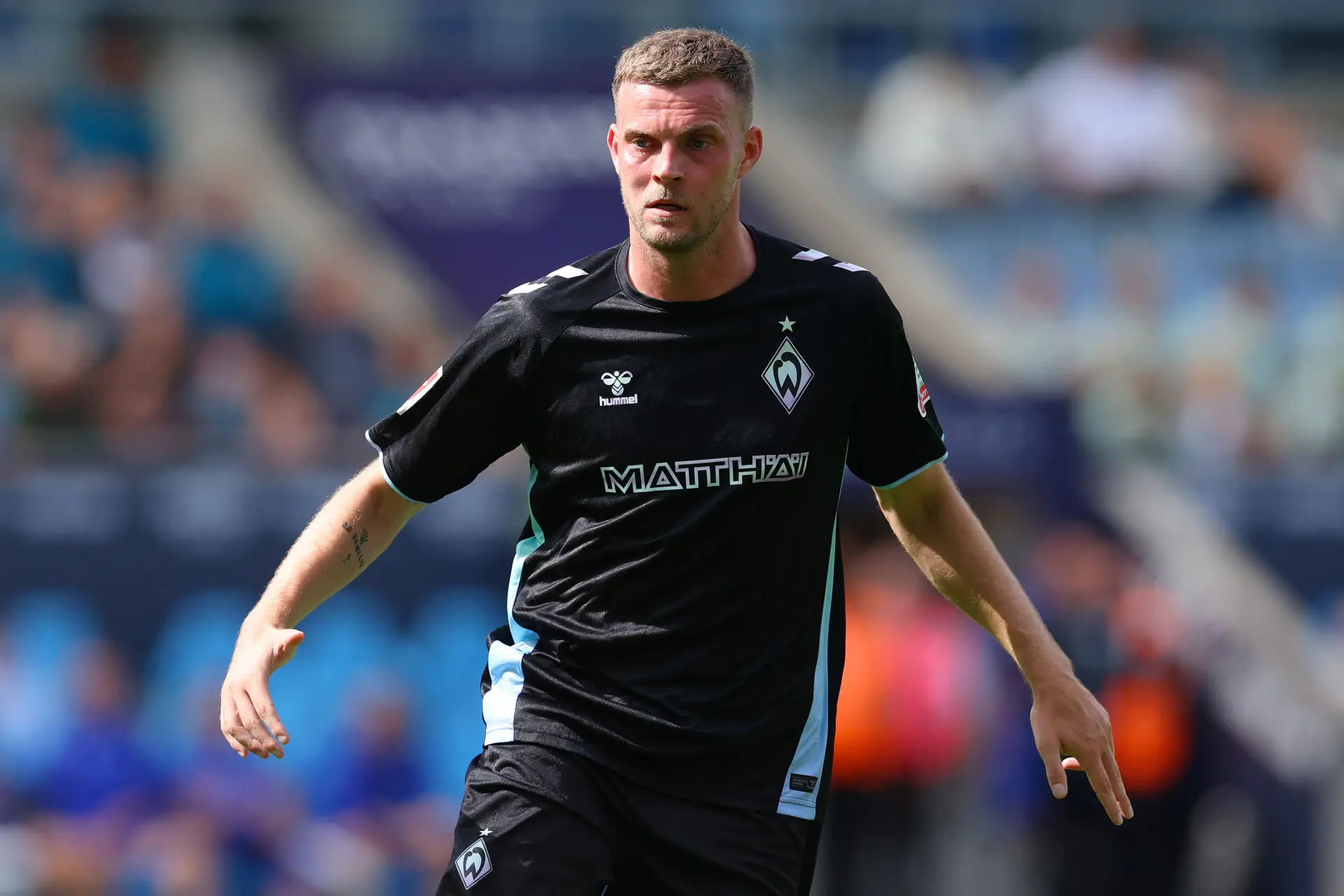
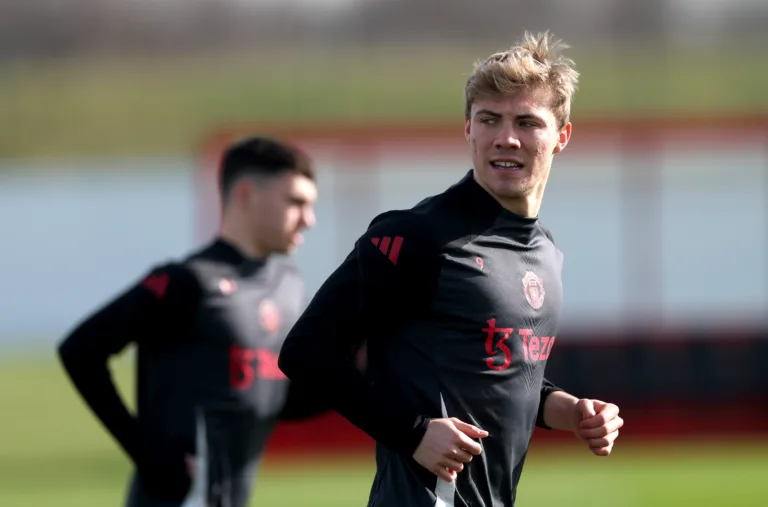
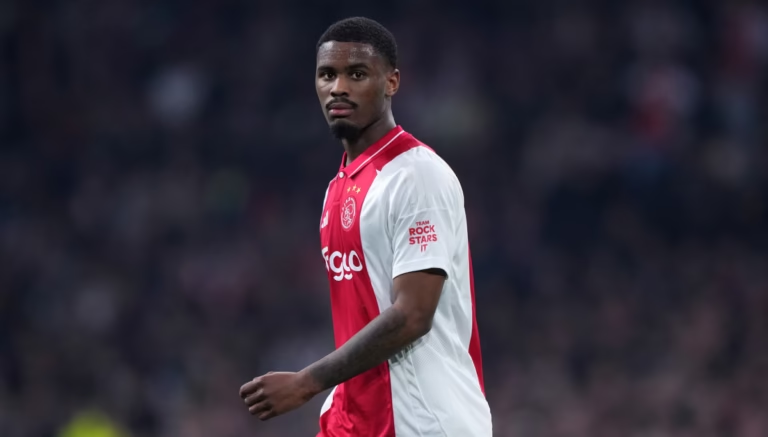
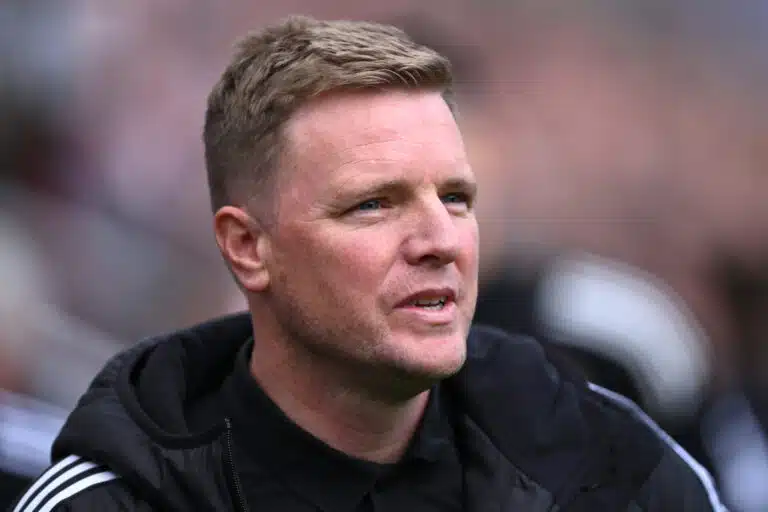
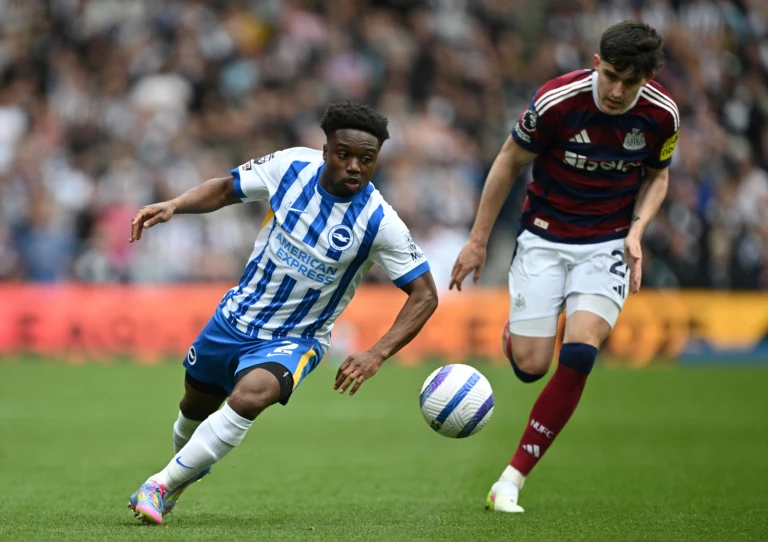
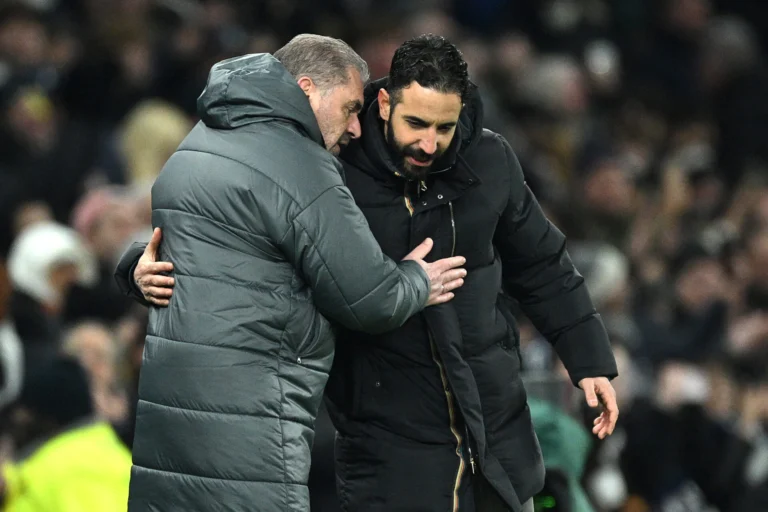
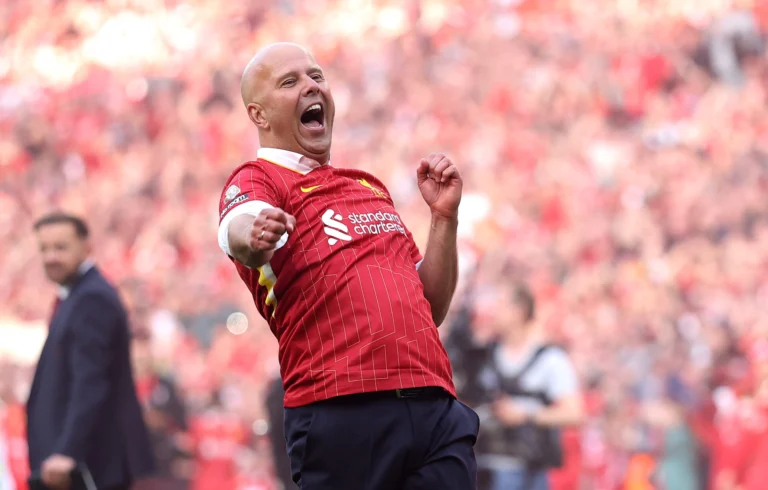
One Comment